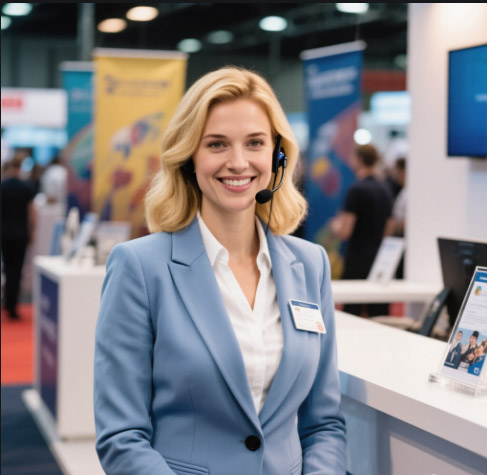
Introduction
The Moscow International Bus and Coach Salon (AutoBusExpo), held annually at Crocus Expo, is Russia’s premier exhibition for buses, coaches, and urban transport solutions. As Western sanctions reshape the automotive industry, this event highlights how Russia is adapting—showcasing domestic innovations, new import partnerships, and sustainable transport trends.
This article explores the key highlights of AutoBusExpo 2025, the major players, and what it reveals about the future of Russia’s public transport sector.
1. What is AutoBusExpo?
- Location: Crocus Expo, Moscow
- Frequency: Annual
- Key Focus Areas:
- Electric & hydrogen buses
- Urban and intercity transport solutions
- Sanctions-proof vehicle manufacturing
- Main Attendees:
- Russian manufacturers (GAZ, KAMAZ, LiAZ)
- Chinese & Belarusian exporters (Yutong, MAZ)
- Transport authorities & city planners
2. 2025 Highlights: Russia’s Evolving Bus Industry
A. Domestic Manufacturers Step Up
With Western brands (Mercedes, Volvo) gone, Russian companies dominate:
- GAZ “Vector Next” – New CNG (compressed natural gas) buses for eco-friendly transport.
- KAMAZ-6292 Electric Bus – Expanding Moscow’s e-bus fleet.
- LiAZ-5292 – Updated diesel models for regional routes.
B. Chinese Buses Flood the Market
- Yutong & King Long – Leading electric bus suppliers to Moscow and St. Petersburg.
- BYD Electric Coaches – New deals for intercity routes.
C. Hydrogen & Alternative Fuel Innovations
- Rosatom’s Hydrogen Bus Prototype – Piloting in 2025.
- LNG-Powered Coaches – For long-distance travel.
D. Autonomous & Smart Transport
- NAMI’s Self-Driving Shuttle – Testing in Skolkovo innovation hub.
- AI-Based Fleet Management – New software for transport optimization.
3. Geopolitical Shift: How Sanctions Changed the Game
- Before 2022: Reliance on European brands (Scania, MAN).
- After Sanctions:
- China fills 70% of the market (electric & diesel buses).
- Belarus (MAZ) becomes key supplier for budget models.
- Localization efforts – Russian companies assemble Chinese kits.
4. Key Challenges for Russia’s Bus Industry
A. Supply Chain Disruptions
- Battery imports (for e-buses) slowed by sanctions.
- Reliance on Chinese parts creates vulnerabilities.
B. Lagging Behind in EV Tech
- Russia’s electric buses have shorter ranges than Chinese/EU models.
- Charging infrastructure remains underdeveloped.
C. Funding Shortages
- Many cities delay fleet upgrades due to budget constraints.
5. Who’s Buying? Major Contracts & Trends
- Moscow & St. Petersburg – Expanding e-bus fleets (1,000+ Chinese units).
- Regional Cities – Switching to cheaper CNG/LNG buses.
- Tourism Sector – Luxury coaches for new travel routes (Iran, UAE, China).
6. Future Outlook
✅ 2025-2026 – More Chinese imports, slow EV adoption.
⚠️ 2030+ – If sanctions persist, Russia may fall behind in green transport tech.
Conclusion
AutoBusExpo 2025 proves Russia’s bus industry is surviving—but not thriving—under sanctions. While Chinese manufacturers dominate, Russia is pushing for domestic alternatives and alternative fuels. The question remains: Can Russia build a self-sufficient transport sector, or will it remain dependent on imports?